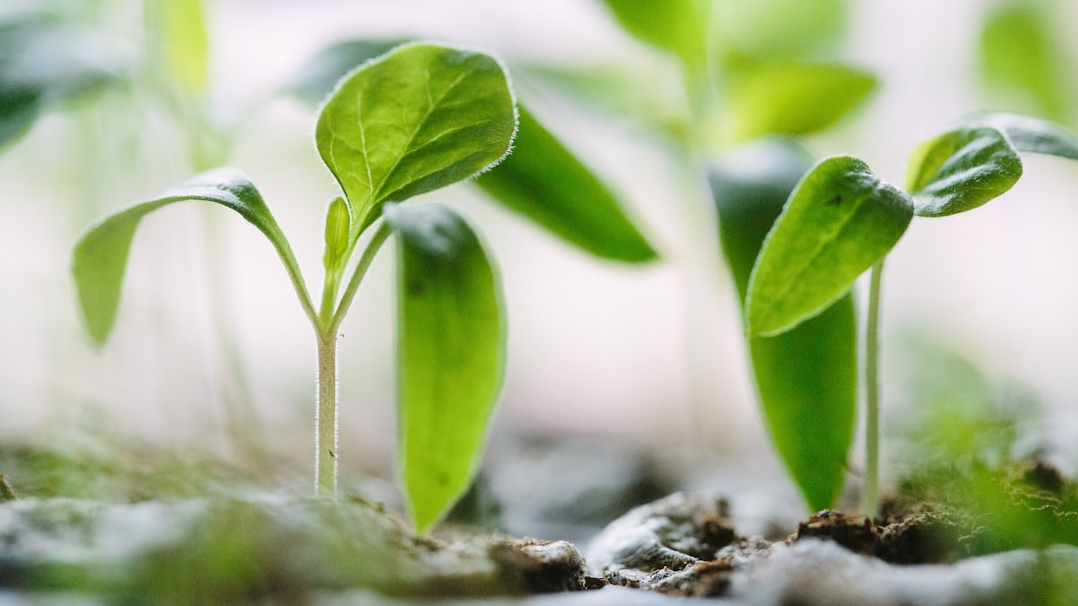I have a tendency to overcomplicate and wrestle with the paradox between embracing divine mystery and dotting all i’s and crossing t’s in terms of theology.
What did Jesus mean when he said this? Where is God in this situation? Why did God do this? Was that even God’s doing? What does God want me to do with this? What were the exact details of Jesus’ conception? What would Jesus do? Should I interpret the entire Bible literally or embrace parts as poetry and parable? Where is the work of the Holy Spirit in all this?
And so on.
Some answers to these questions are important, as they form the bedrock of my faith and influence how I walk it out. Others? Not so much. Yet, at times, pondering them ties me in knots.
This morning, mug of tea in hand and Yorkie by my side, I wandered in our backyard surveying my garden. We moved house in December—to garden zone 3 from zone 6. Gone is my plot in the community garden where the season was long and hot and I thought I knew what I was doing. This will be a year of learning to garden in a new climate and that, by definition, means making mistakes.
“Though I do not believe that a plant will spring up where no seed has
been, I have great faith in a seed. Convince me that you have a seed
there, and I am prepared to expect wonders.”―Henry David Thoreau
In the natural world, a couple of months ago, winter gave way to spring and a season of rest became one of rebirth. Beginning with the first cold days in early April when I tucked tiny seeds in starter mix, tending them as they grew to be healthy plants ready to be transplanted, the miracle of creation became fresh in my mind once again.
I tied myself in knots, deciding where and when to plant tomato seedlings in our new garden. Now, I watch weather forecasts for predictions of hail or a late frost, ready to take action to protect tender plants as we move toward summer—a time of growth and maturation.
The church calendar took us through the solemnity of Lent, the joy of Eastertide, and the tongues of fire that were the mystery of Pentecost. Now we are in Ordinary Time1—ordinary, in this context, meaning “numbered” as we count the weeks until Advent.
It’s a bit like pausing to take a breath. Marking the days until, once again, we journey with Jesus through his birth to resurrection and ascension, Ordinary Time is a season of growing and maturing.
I face a choice. Adopt a hectic pace, attempt to squeeze as much as possible into the months when the weather is conducive to outdoor activities, tourism is at its peak, and experience is king, crossing days off the calendar and lamenting how quickly summer passes and fades into autumn.
Or, do something that seems to go against the grain. Slow down. Savour things I’ve learned through walking with Jesus over the past six months, and let them simmer, and influence my life as I number the days.
Summer is a season of plenty. We tend the seed we have sown and reap the fruit of what we planted. Family and friends gather—often traveling to do so. It can be fun, loud, and busy and there’s nothing wrong with any of that.
But, as I grow older, I am more apt to say “no” to summer’s fervor preferring, instead, to embrace the place I’m planted, pay attention to what’s growing and maturing here, and let Ordinary Time do its work.
With gardening, a measured effort to plant, cultivate, and care for what’s growing leads to maturity and harvest. In the same way, Ordinary Time presents us with the opportunity to grow and mature in our faith.
When I am knotted up with questions I can’t find answers to, I find peace in the garden. The miracle of creation offers wisdom straight from the heart of the Creator. Some plants will flourish; others will die, victims of predators, disease, climate, or neglect, and the cycle of life and death will remind me I don’t have to understand it all.
The exact science behind how tiny seeds that appear lifeless turn into plants taller than me, providing bounty I can tuck away in canning jars or in my freezer, and seeds I can save so the cycle can repeat the following year, is beyond me. I don’t need to know why some years rodents steal what I grow and in others leave it alone; or why some things thrive in a hot, dry climate and others do better in shade and cooler temperatures. I simply trust that what I have learned is true.
I number the weeks from planting through tending, harvesting, and food preservation, confident that seasons will keep turning and knowing wisdom beyond what I see in front of me is there for the gleaning if I pay attention. This opportunity to grow is the gift Ordinary Time offers. I am not always wise enough to lean into it. I begin again.


Leave a Reply